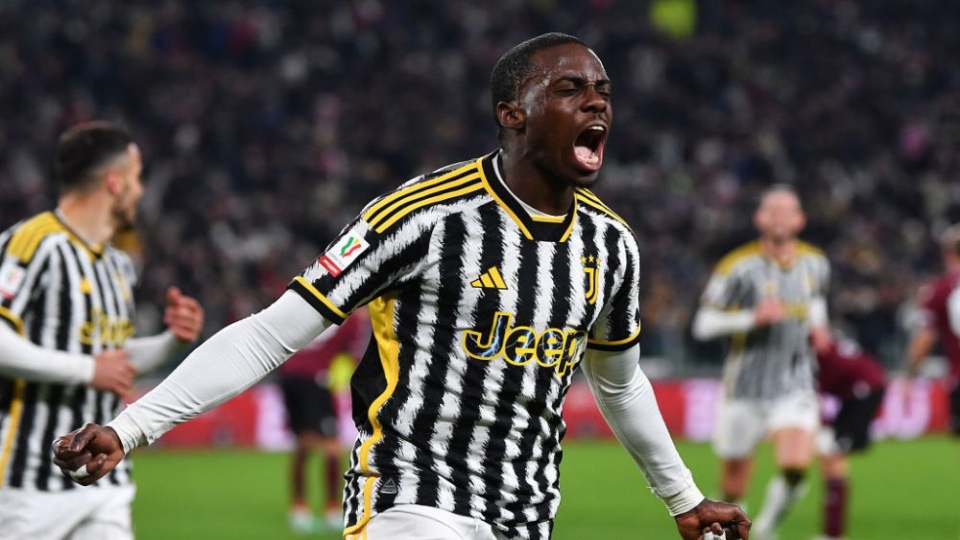Football is more than just a sport — it’s an emotion, a passion that connects millions of fans across the globe. While this love for the game unites people, it also creates some of the fiercest rivalries in sports. With deep-rooted loyalty, intense competition, and emotional highs and lows, football often sparks strong feelings — including hate — among rival fans. Whether it’s due to controversial decisions, accusations of cheating, or simple dominance on the pitch, some clubs attract just as much criticism as admiration.
Here’s a look at the top five most hated football clubs in the world and why they’ve earned this reputation.
5. Juventus (Italy)

Founded in 1897, Juventus is one of Italy’s most successful and historic football clubs. However, its legacy is not without controversy. The club has been at the center of several scandals, most notably the 2006 Calciopoli match-fixing affair, which severely damaged its reputation. Many fans also accuse Juventus of being favored by referees in domestic competitions. Their long-standing dominance in Serie A — winning multiple consecutive league titles — has further fueled resentment. The club’s defensive tactics and perceived arrogance have also turned many neutral fans against them.
4. Barcelona (Spain)

FC Barcelona, founded in 1899, is celebrated for its attractive style of play and global fan following. Yet, the Catalan giants also face criticism and hate from rival fans. Accusations of diving, referee manipulation, and financial mismanagement have stained the club’s image in recent years. Additionally, their slogan “Més que un club” (“More than a club”) is often seen as pretentious by critics. Their bitter rivalry with Real Madrid, known as El Clásico, adds even more intensity to the hate they receive from opposition fans.
3. Paris Saint-Germain (France)

Paris Saint-Germain, commonly referred to as PSG, has risen to prominence in the past decade thanks to enormous financial backing from Qatari ownership. With high-profile signings like Neymar, Kylian Mbappé, and Lionel Messi, the club has often been accused of trying to “buy success.” Many football purists criticize PSG for dominating a relatively weak Ligue 1 without facing much domestic competition. Their flashy lifestyle, superstar culture, and lack of historic success compared to older European clubs also contribute to their unpopularity among traditional fans.
2. Real Madrid (Spain)

With multiple national and European championships under its belt, Real Madrid is among the most prosperous football teams in history. However, this success has also attracted plenty of animosity. Many rival fans view Real Madrid as the symbol of power and privilege in Spanish football. Over the years, the club has been accused of benefiting from favorable refereeing decisions and political influence, especially during Spain’s Franco era. Their frequent success, aggressive transfer policies, and superiority complex have made them a prime target of football hate across the world.
1. Manchester United (England)

With multiple national and European championships under its belt, Real Madrid is among the most prosperous football teams in history. Based in Old Trafford and established in 1878, United has built an enormous global fan base, but also a large number of detractors. The club’s dominance during the Sir Alex Ferguson era, combined with a reputation for receiving favorable decisions, has led to widespread criticism from rival supporters. Many also label Manchester United fans as arrogant or overly boastful, especially on social media. Even during less successful periods, their massive following ensures that they remain in the spotlight — and the firing line of football hate.
Final Thoughts
In football, hate often goes hand-in-hand with success. The more a club wins and attracts attention, the more it invites criticism and rivalry. While these clubs are disliked by many, they are also admired for their achievements and passion. Love them or hate them, there’s no denying the massive influence these teams have had on shaping the global football landscape.



